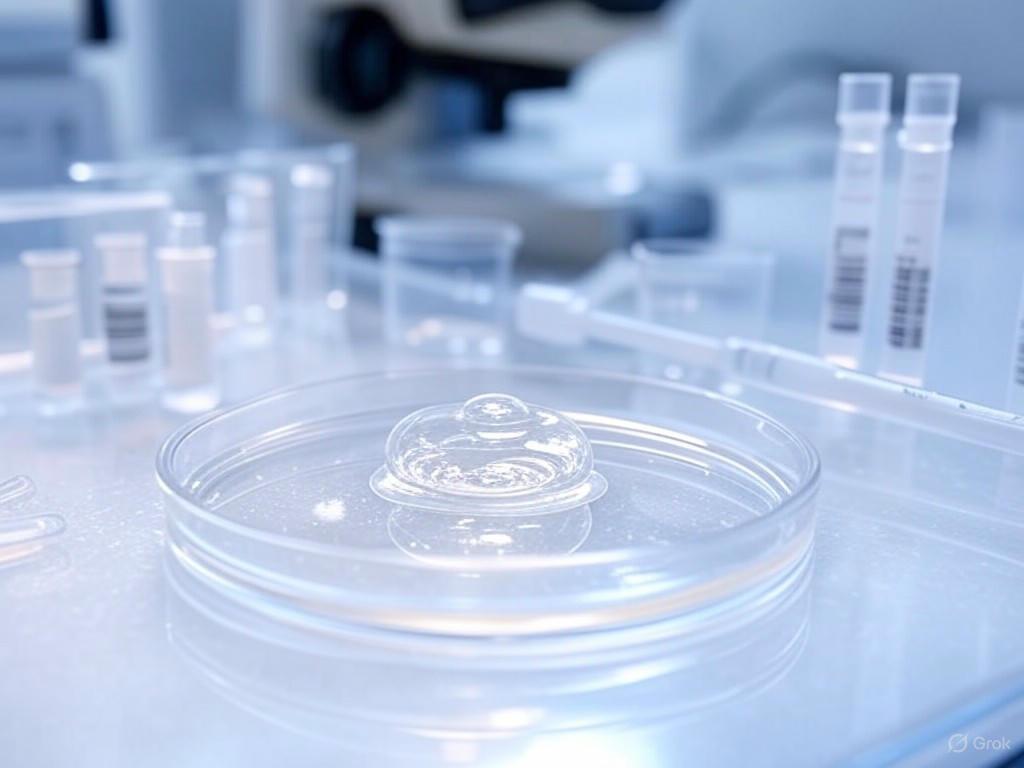In the battle against plastic pollution, a key player has emerged from the realm of science: enzymes. These microscopic proteins have the incredible ability to break down plastics, offering a promising avenue to mitigate the ever-growing problem of plastic waste. As of 2025, innovative research and development are paving the way for enzymes to revolutionize plastic recycling processes. This shift could dramatically change how we handle plastic waste.
Enzymes are naturally occurring proteins that have been harnessed for scientific use due to their catalytic properties. Specifically, they speed up chemical reactions while remaining unchanged themselves. This remarkable feature of enzymes makes them ideal for industrial applications, including plastic degradation. Scientists have discovered a variety of enzymes capable of breaking down different types of plastics, from PET, which is commonly found in bottles, to more complex polymers like Nylon 6,6.
Recent research highlights the enzyme's role in overcoming one of plastic waste's significant hurdles: its resistance to breakdown. Traditional recycling processes are often energy-intensive and cost-prohibitive. The application of enzymes offers a sustainable and cost-effective alternative. For example, Samsara Eco is making strides in commercializing enzyme technology for recycling Nylon 6,6. This innovation aims to facilitate infinite recycling processes, thus cutting down the need for producing new plastics [1].
The potential for enzymes extends beyond mere recycling. Advances in biotechnology have shown that certain bacteria containing plastic-digesting enzymes can degrade plastics in landfills and marine environments. This not only helps manage existing plastic waste but also prevents further accumulation. Environmental biochemist Ludmilla Aristilde's study revealed how wastewater bacteria break down PET plastic, showcasing enzymes' promising applications in pollution control [2].
Hearkening to the urgency of environmental challenges, significant investments are being directed towards enzyme-related research. Epoch Biodesign recently raised €17 million to scale its enzyme production technology. This funding aims to enhance the recycling capabilities of enzymes for industries with high plastic demands, like fashion and automotive. These efforts align with global sustainability goals and respond to the critical need for innovative waste management solutions.
In conclusion, enzymes are shaping up to be unsung heroes in our fight against plastic waste. As they continue to be refined and scaled for industrial applications, they promise a new era of plastic management that could significantly reduce our environmental footprint. The integration of enzyme technology could lead to more sustainable practices across various sectors, making plastic waste reduction more achievable than ever before.
References:
1. Samsara Eco: Commercializing Nylon 6,6 Recycling
2. Some bacteria in wastewater can break down a common plastic







